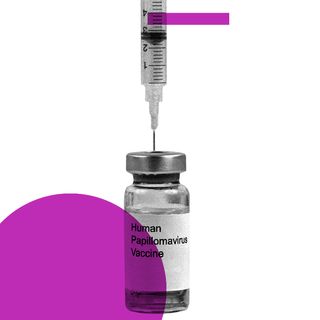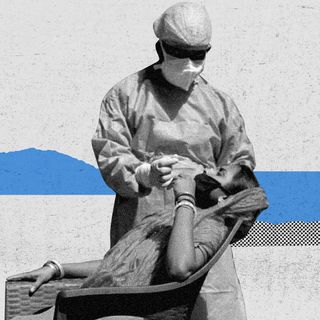A global study spanning 22 countries found that more than half of the women surveyed have been harassed and abused on social media — leading to mental stress and even fear for physical safety.
Titled “Free To Be Online,” and conducted by Plan International, an independent humanitarian organization, the survey recorded the experiences of 14,071 young women aged between 15 to 25, across continents and countries including India, Australia, Canada, Brazil, Japan, and Zambia. In the Asia-Pacific region, more than half of the women surveyed reported facing online abuse. And, the spectrum of abuse worldwide, ranges from abusive and insulting language, which was reported by 59% of those surveyed, deliberate embarrassment (by 41%), body shaming (39%), and threats of sexual violence (39%). As a result, one in three responders reported experiencing mental and emotional stress, a similar number reported low self-esteem, and one in five responders reported feeling physically unsafe.
“Violence has flourished to the point where for many girls, abuse is a day-to-day reality… As a result, girls are reporting long-term mental health problems and in many cases, are opting out of expressing themselves and their opinions for fear of retribution, and sometimes removing themselves from these platforms altogether,” Susanne Legena from Plan International told The Guardian. She also pointed out how, ironically, online platforms had given a voice to millions of people — but, at the same time, stifled the voices of so many women.
Related on The Swaddle:
Cybercrime Cases Against Women Spike Under Covid19 Lockdown
“Girls are being silenced by a toxic level of harassment,” the report notes. 19% of those subjected to online violence significantly reduced their use of social media, and 21% changed the way they expressed themselves online. If the harassment continues unabated, the existing gender gap on the internet will only widen further. And, given that India already ranked 17th in the survey’s metric on gender equality on the internet, featuring among countries with the “biggest gender gaps in internet access,” women quitting social media, or refraining from voicing their opinions online, doesn’t bode well for a free, unbiased internet culture. “Driving girls out of online spaces is hugely disempowering in an increasingly digital world and damages their ability to be seen, heard and become leaders,” Anne-Birgitte Albrectsen, CEO of Plan International, told Al Jazeera.
Across countries, these attacks online were found to be most common on Facebook (39%), followed by Instagram (23%), and WhatsApp (14%) — with responders reporting harassment on Snapchat, Twitter and TikTok, too, but in smaller numbers. Interestingly, a vast portion of harassment, was found to be perpetrated by co-workers and batchmates, as opposed to strangers and anonymous people on the internet. As many as 29% also reported being harassed by friends, and 12% by former partners. And, the abuse only gets worse for women who are politically outspoken, Black, or identify as LGBTIQIA+.
“When you consider the shockingly high number of girls worldwide are subject to abuse every time they participate in discussions online, in addition to being hassled and harassed on the street when they step outside their homes, and that harassment is a form of violence, there is no space — virtual or other — where girls are safe and free from violence,” Legena lamented. And, with Covid19 increasingly driving our lives online, “it is time for digital platforms to step up and protect their users,” Albrectsen noted.




